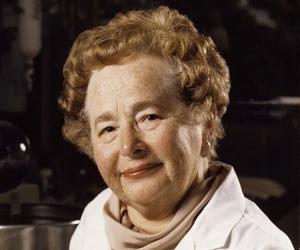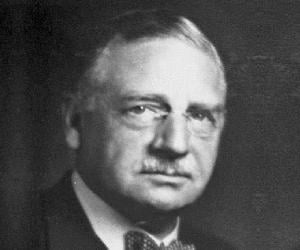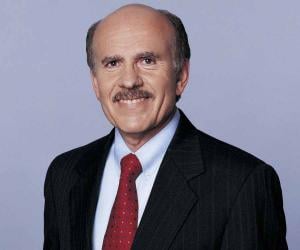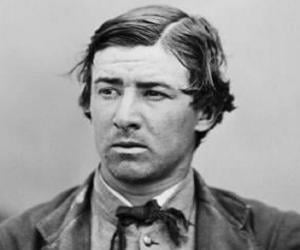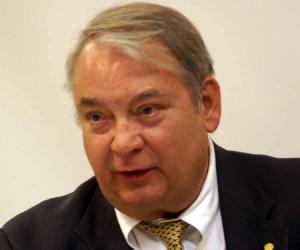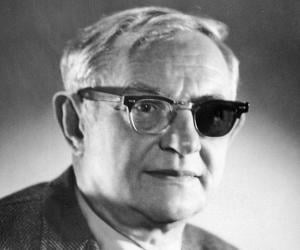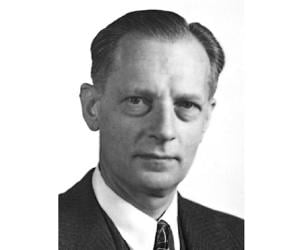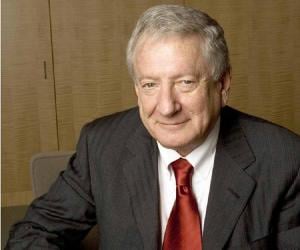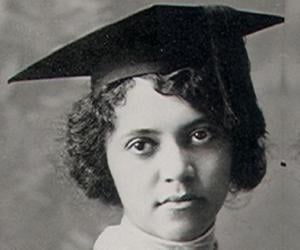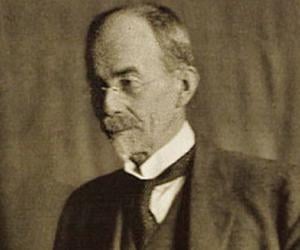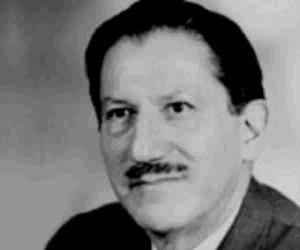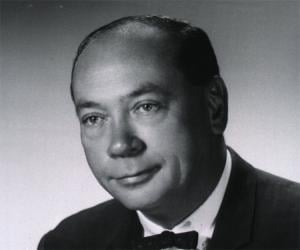1
Frances Oldham Kelsey
(Canadian-American Pharmacologist Known for Preventing 'Thalidomide' From Being Marketed in the United States)
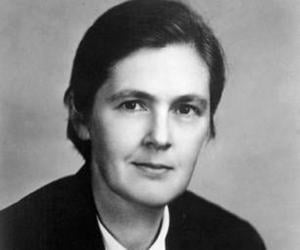
30
6
Birthdate: July 24, 1914
Sun Sign: Leo
Birthplace: Cobble Hill, British Columbia, Canada
Died: August 7, 2015
Frances Kathleen Oldham Kelsey was a renowned Canadian-American pharmacologist and physician. Her pivotal role as an FDA reviewer in withholding approval for thalidomide due to safety concerns prevented serious birth defects. Kelsey's dedication to ensuring drug safety led to the strengthening of FDA oversight. She received the prestigious President's Award for Distinguished Federal Civilian Service from John F. Kennedy in 1962, becoming only the second woman to achieve this honor. Kelsey's professional legacy is marked by her unwavering commitment to public health and pharmaceutical regulation.
